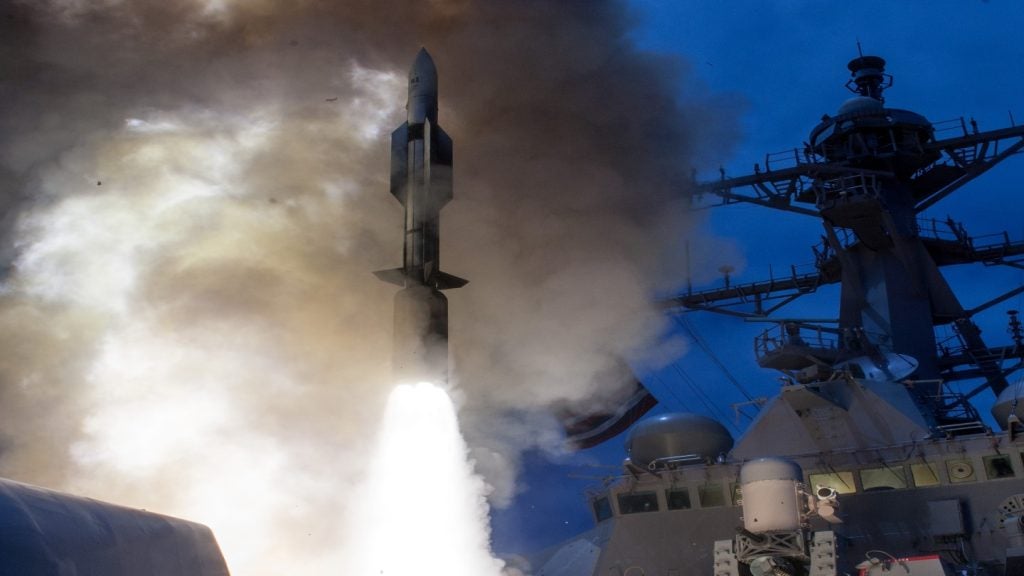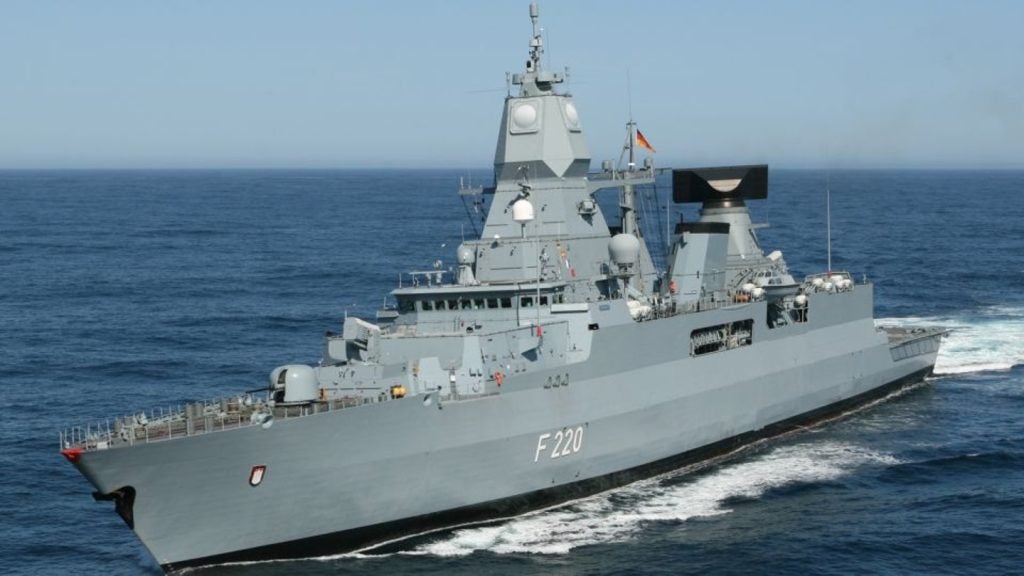The US Navy and the Chilean Navy have agreed to continue their mutual research on advanced alternative fuels for power surface vessels and navy aircraft, strengthening the US military’s lead in extending the use of renewable energy.
Extending the four-year collaboration, the latest agreement enables both nations to boost energy security and deliver an increased certainty of energy supply and cost.
Both nations are also cutting their reliance on imported fuel.
The US Navy aims to have 50% of overall organisational use powered by alternative energy resources by 2020, while Chile plans to have 45% of its newly deployed capacity for 2014-2025 derived from non-conventional, renewable energy sources.
Chilean undersecretary of defense Marcos Robledo and US secretary of the navy Ray Mabus said in a joint statement: "The United States Department of the Navy, recognising that energy security is directly tied to military capability, is moving toward the sustained use of a 50 / 50 blended biofuel / petroleum product, and encourages its military partners to work toward certification of their aviation and maritime assets to use this blended product to ensure interoperability between respective navies is maintained."
In addition, the Chilean Navy has conducted a range of workshops since 2011 on particular projects related to the use of biofuels to power navy vessels.
Both navies will explore further collaboration on alternative fuels research projects and alternative energy trials.
In May, the US Navy supported the development of algae-based biofuel by the University of Arizona’s Arizona Centre for Algae Technology and Innovation (AzCATI).









